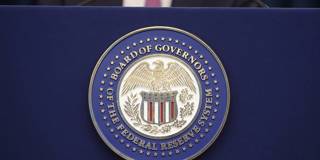The combination of low unemployment and stubbornly low inflation across Western advanced economies has exposed the fundamental flaws of the standard economic theory that have long informed monetary policymaking. What theory should replace it?
LOS ANGELES – Former US Secretary of the Treasury Lawrence H. Summers and Anna Stansbury recently cast doubt on the future of central banking, suggesting that the prevailing monetary-policy framework is in dire need of a rethink. I agree, and have been calling for a reconsideration of “Old Keynesian economics” for more than a decade, starting with an article I published in 2006, two years before the Great Recession made it fashionable to question the way we think about macroeconomic theory. I am heartened that the narrative and body of research I have developed continues to gain public support.

LOS ANGELES – Former US Secretary of the Treasury Lawrence H. Summers and Anna Stansbury recently cast doubt on the future of central banking, suggesting that the prevailing monetary-policy framework is in dire need of a rethink. I agree, and have been calling for a reconsideration of “Old Keynesian economics” for more than a decade, starting with an article I published in 2006, two years before the Great Recession made it fashionable to question the way we think about macroeconomic theory. I am heartened that the narrative and body of research I have developed continues to gain public support.